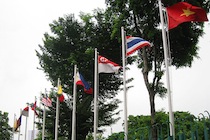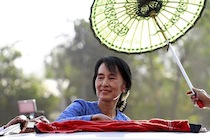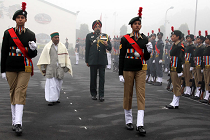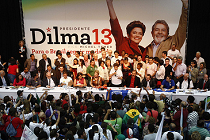EU austerity: room to wiggle
Momentous developments are taking place in Europe. In elections in Greece, France and Germany, Europeans expressed dissent against austerity policies adopted by their government to combat the economic crisis in Europe. How will these results affect the future of European policy-making?








